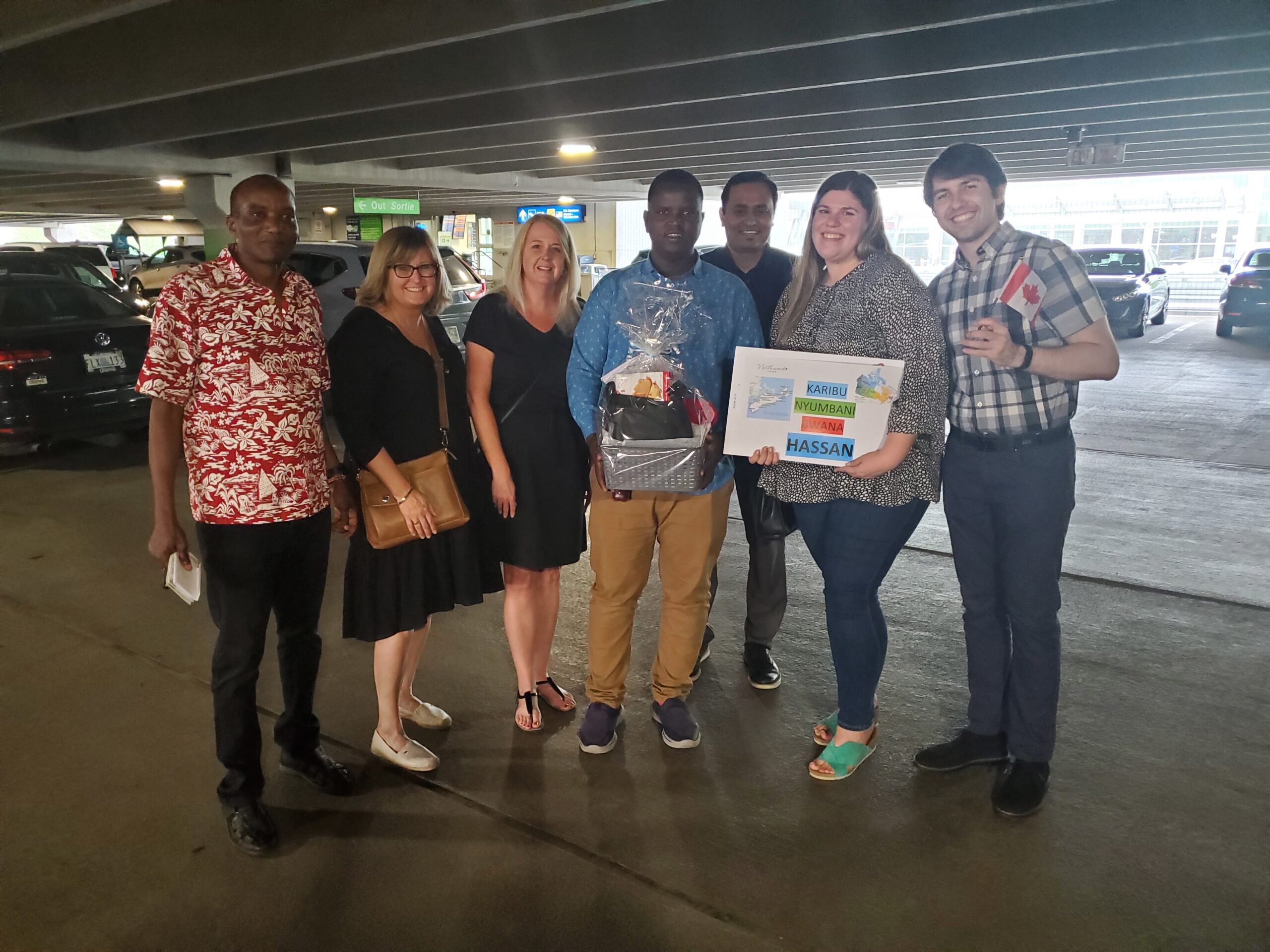Since 2018, RefugePoint has partnered with the Government of Canada, UNHCR, and others to build the Economic Mobility Pathways Project (EMPP). Through the EMPP, RefugePoint supports the identification of qualified and experienced refugees in Kenya (Nairobi, Kakuma, and Dadaab) and connects them with job opportunities with employers in Canada facing labor market shortages. The work-based visas offered through the EMPP give refugees the opportunity to rebuild their lives in safety while advancing their careers.
Up until now, the Economic Mobility Pathways Project (EMPP) has served as a pathway specifically for refugees with skills in the healthcare sector. The EMPP recently announced it would be expanding to welcome applicants with skills as chefs, cooks, front desk clerks, carpenters, and construction trade laborers in addition to the existing opportunities for nurse aides, medical assistants, and patient attendants.
“This is an exciting development in the EMPP, given that it is the first time that we’re expanding our program beyond the healthcare sector as well as working with new provinces and employers through our partnership with Talent Beyond Boundaries,” says Janet Ouma, Deputy Country Director in Nairobi at RefugePoint. “These new sectors expand the opportunities available for refugees to find durable solutions through labor mobility.”
While over 100 refugees in Kenya have secured jobs in Canada through our economic mobility program, the vast majority of those positions have been offered to men. One additional reason for expanding the EMPP to include a wider variety of occupations is the hope of increasing opportunities for women.
Why is economic mobility for refugees important?
Unfortunately, many refugees can’t go home and can’t safely stay in the country to which they have fled. We help these people relocate to a safe, new country so that they can begin to rebuild their lives. Referring refugees for resettlement is one way that RefugePoint is able to help refugees find lasting solutions. Complementary pathways offer additional avenues to resettlement (hence the term “complementary”) through which RefugePoint is able to assist refugees to move from the country in which they’re living to another country.
Through complementary pathways, like economic mobility, refugees may live in a country and have their international protection needs met while also being able to support themselves.
Around the world, many thousands of refugees have the skills and experience to apply for jobs that would allow them to relocate to safe, new countries and begin to rebuild their lives. Due to policy and logistical hurdles, however, these work visa pathways are generally unavailable to refugees. RefugePoint’s economic mobility program connects refugees to job opportunities that enable them to safely relocate to a third country.
RefugePoint’s Impact
With RefugePoint’s assistance, over 100 refugees, many of them with their families, have relocated from Kenya to permanent, safe homes in Nova Scotia through the EMPP. RefugePoint is also engaging with other organizations to establish labor mobility programs in order to expand these opportunities beyond our direct operations.
RefugePoint is a leading voice on labor mobility globally and prioritizes elevating the voices and leadership of refugees themselves to help shape and build refugee labor mobility efforts. Bahati Maganjo, one of the first refugees to relocate from Kenya to Canada through the EMPP, now represents RefugePoint at major international fora such as the Global Task Force on Labor Mobility as Economic Mobility Consultant. Learn more about Bahati’s story and the EMPP’s history.
To learn more about eligibility and application requirements, click here.
